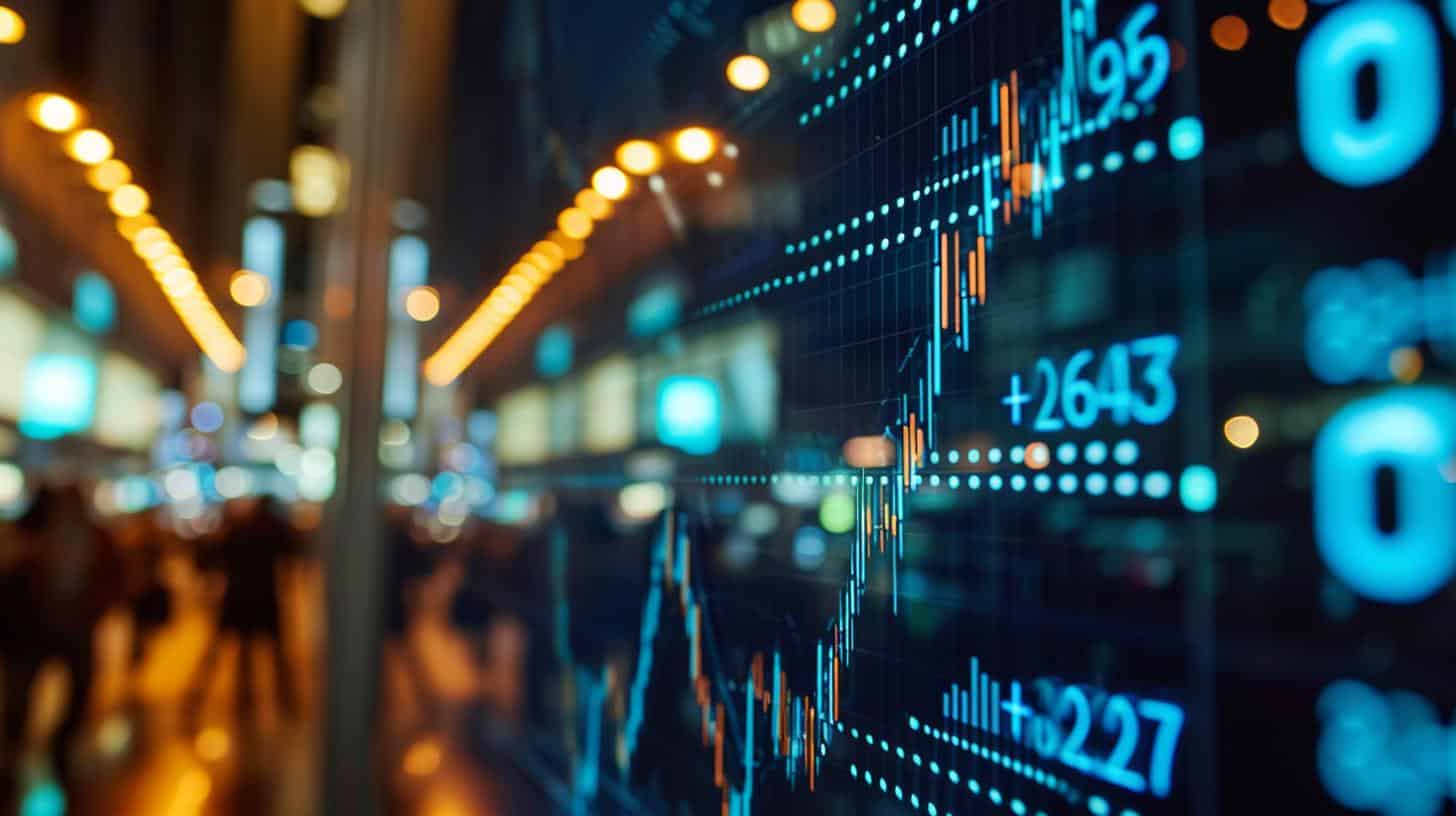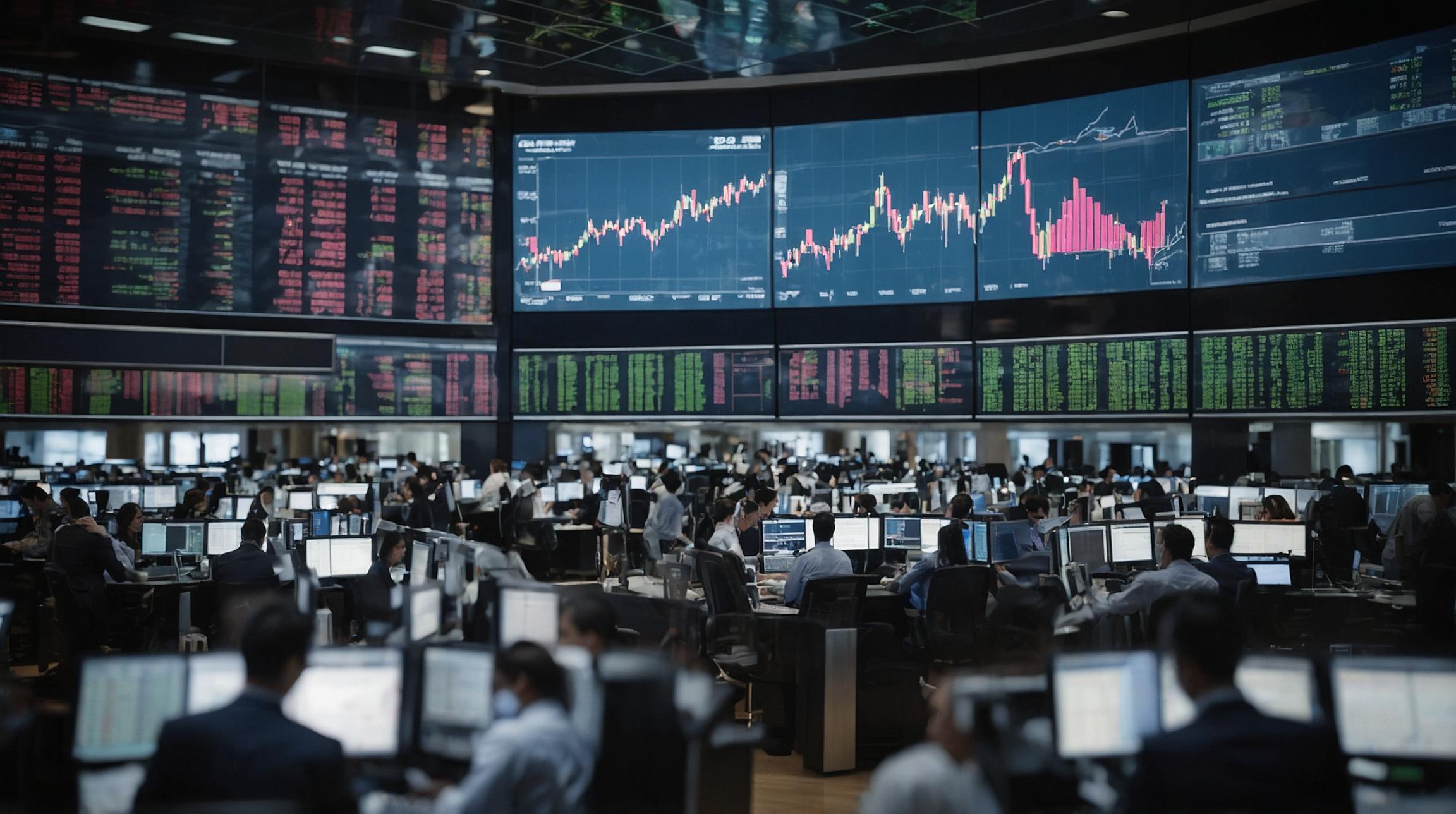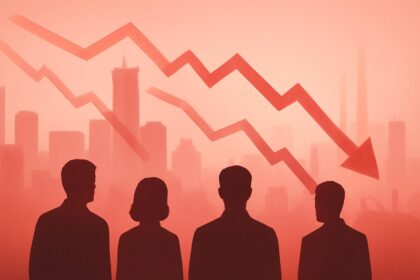Robust Growth in the Secondhand Luxury Market
The global market for secondhand luxury goods is expanding rapidly, outpacing the traditional firsthand market by a factor of three. According to a joint report by Boston Consulting Group and Vestiaire Collective released on October 9, the resale market is growing at an annual rate of 10%, with projections estimating it could reach $360 billion by 2030, up from approximately $210 billion today.Authentication Challenges Amid Rising Counterfeits
As the secondhand luxury market expands, authentication has become the critical factor separating credible platforms from the rest. The sophistication of counterfeit manufacturing has escalated, making it increasingly difficult even for luxury brands themselves to identify fakes. In some cases, counterfeit items are so convincing they have been unknowingly repaired by the brands.“As counterfeit manufacturing becomes increasingly sophisticated, even luxury brands themselves sometimes fail to detect fakes, in some cases, unknowingly repairing counterfeit items.”
Jaewha Choi, CEO of BunjangResale Platforms Invest Heavily in Verification
To combat counterfeit risks, leading resale marketplaces are investing significant resources into authentication technologies and processes. Singapore-based Carousell, for instance, has opened its first physical store dedicated to luxury items, where sellers can have their products appraised and graded before resale. Tresor Tan, Director of Sales, Marketing and Client Relations at Carousell Luxury, explained that their appraisal process scrutinizes every detail—from material quality to stitching and stamping. The platform also provides a money-back guarantee on authenticity, reflecting the importance of trust in their business model.“At the end of the day, it’s our reputation at stake as well. And because of that confidence, we also offer our buyers a money-back guarantee on authenticity.”
Tresor Tan, Carousell LuxuryAuthentication Drives Sales and Consumer Confidence
Authentication has proven to be a key driver of growth for resale platforms. Bunjang reports that luxury items now constitute over 25% of its $1.1 billion annual gross merchandise value, with a 30% year-on-year increase in luxury transactions in the first half of 2025. Although Carousell has not disclosed exact figures, its luxury segment has experienced significant growth, which motivated the launch of its physical store to provide enhanced oversight for high-value transactions.“When someone is buying and selling a $100,000 watch on the platform, it definitely catches our attention.”
Tresor Tan, Carousell LuxuryEmerging Consumer Preferences in Secondhand Luxury
Affordability remains the primary motivator for purchasing secondhand luxury, with 80% of consumers citing it as their main reason. However, interest is also growing in rare or discontinued collections no longer available in retail stores. Samantha Virk, Chief Marketing Officer and U.S. CEO of Vestiaire Collective, highlights that these motivations are intensifying, making secondhand shopping an ingrained aspect of contemporary fashion engagement. Younger generations, including Millennials and Gen Z, are particularly drawn to the resale market. With limited disposable income, they prefer to buy, enjoy, and resell luxury items swiftly, reflecting a fundamental shift in luxury consumption patterns.“This remarkable growth reflects a fundamental shift in how Millennials and Gen Z, the next wave of luxury consumers, perceive and engage with luxury goods.”
Jaewha Choi, CEO of BunjangFinOracleAI — Market View
The accelerating growth of the secondhand luxury market is reshaping consumer behavior and retail strategies. Authentication technology and rigorous verification processes have become indispensable to sustaining trust and scaling operations. Platforms that effectively integrate AI and scientific methods into authentication stand to capture significant market share.- Opportunities: Expansion of resale platforms leveraging AI-driven authentication; increased consumer willingness to pay premiums for verified goods; growth in younger consumer segments adopting circular luxury consumption.
- Risks: Escalating sophistication of counterfeiters requiring continuous innovation; potential reputational damage from authentication failures; regulatory challenges around resale and consumer protection.
Impact: The emphasis on authentication is a positive catalyst for the secondhand luxury sector, enhancing consumer confidence and enabling sustained market expansion.













